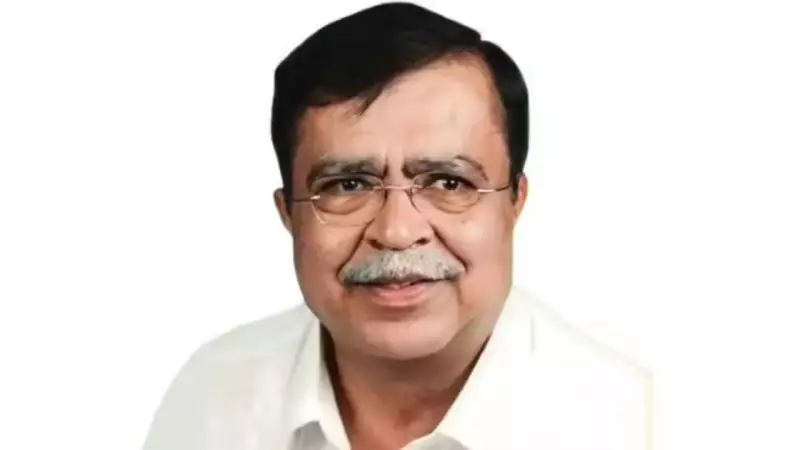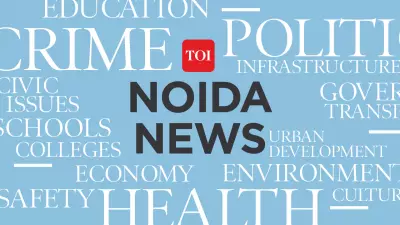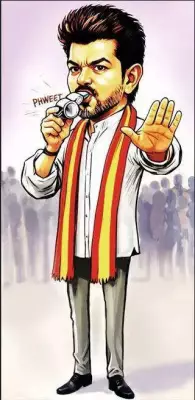
In a stirring political development that has reignited debates about religious freedom and state regulation, Congress leader Rajanna has openly questioned the banning of Muslim prayers on public roads while simultaneously challenging restrictions on RSS activities.
The Core Controversy
The controversy centers around whether Muslims should require official permission to offer namaz on roads—a practice that has become increasingly contentious in several Indian states. Rajanna's pointed query, "Do they take permission?" strikes at the heart of the administrative dilemma surrounding religious practices in public spaces.
Double Standards or Necessary Regulation?
What makes this political confrontation particularly significant is the Congress leader's dual-pronged approach. While questioning the namaz restrictions, he also addressed the ongoing limitations on RSS activities, suggesting a broader pattern of selective enforcement that demands scrutiny.
Rajanna emphasized the urgent need for "practical laws" that balance religious freedoms with public convenience and order. His statement comes amid growing tensions between religious communities and increasing state intervention in religious practices across various regions.
Political Implications
The Congress leader's intervention places the spotlight on the delicate balance between religious rights and public space management. His remarks are likely to:
- Intensify political debates about secularism and religious equality
- Force all political parties to clarify their stance on public religious practices
- Highlight the need for consistent policy application across different religious groups
- Spark discussions about the boundaries of religious freedom in diverse societies
Broader Context
This controversy emerges against a backdrop of increasing incidents where religious practices in public spaces have become flashpoints for community tensions. The question of whether religious groups should automatically have access to public infrastructure for worship, or require explicit permission, touches upon fundamental constitutional principles.
The debate also raises important questions about urban planning and the accommodation of religious diversity in rapidly developing cities where space is increasingly scarce and contested.
As political temperatures rise, Rajanna's comments have positioned the Congress party as challenging what they perceive as inconsistent application of regulations, while calling for more pragmatic and equitable solutions to complex religious-space issues.





